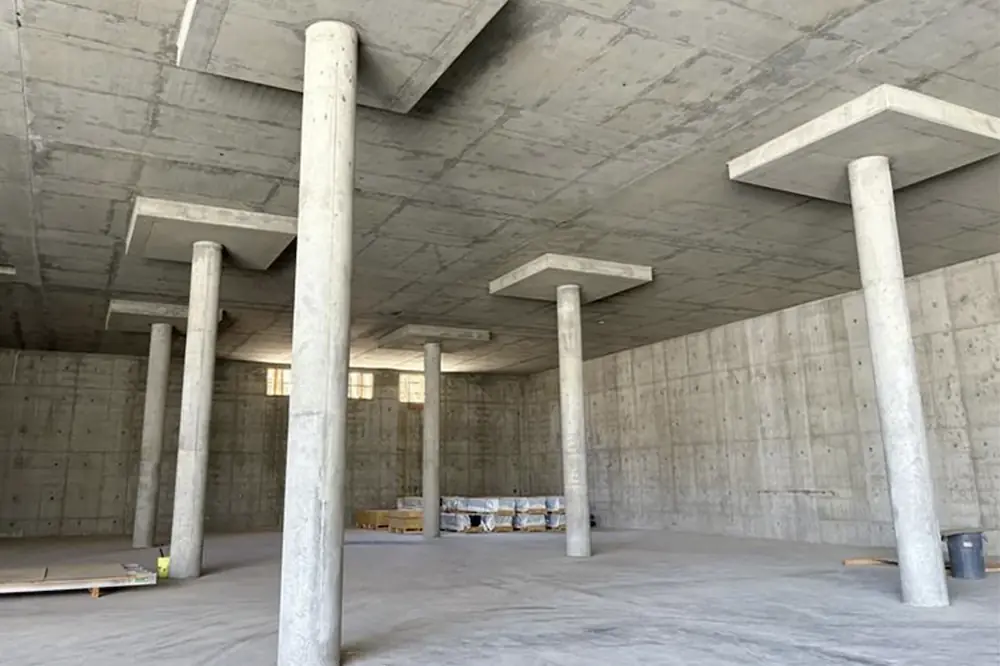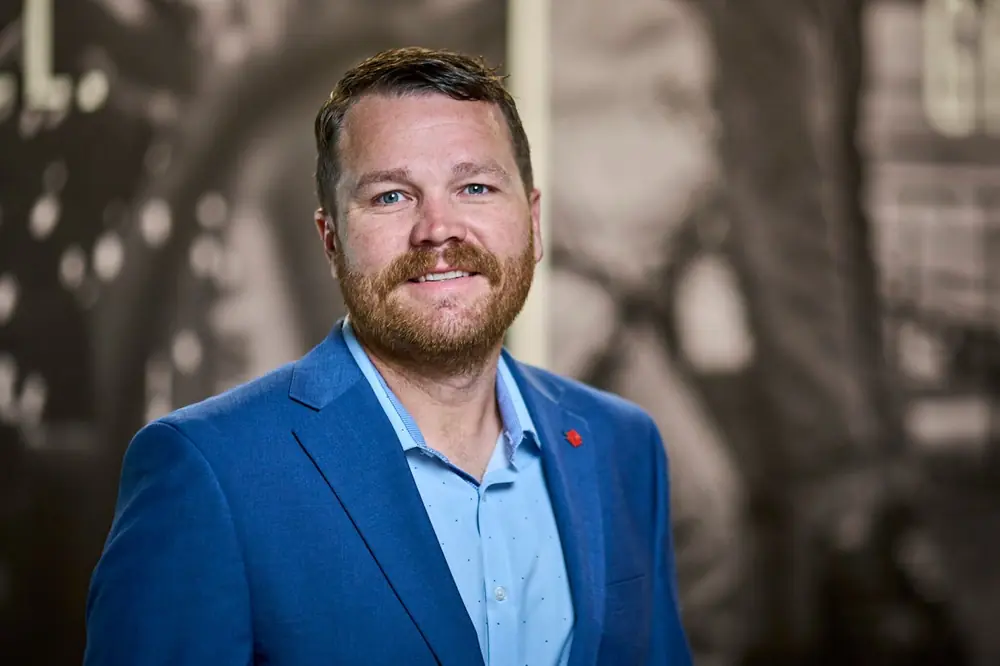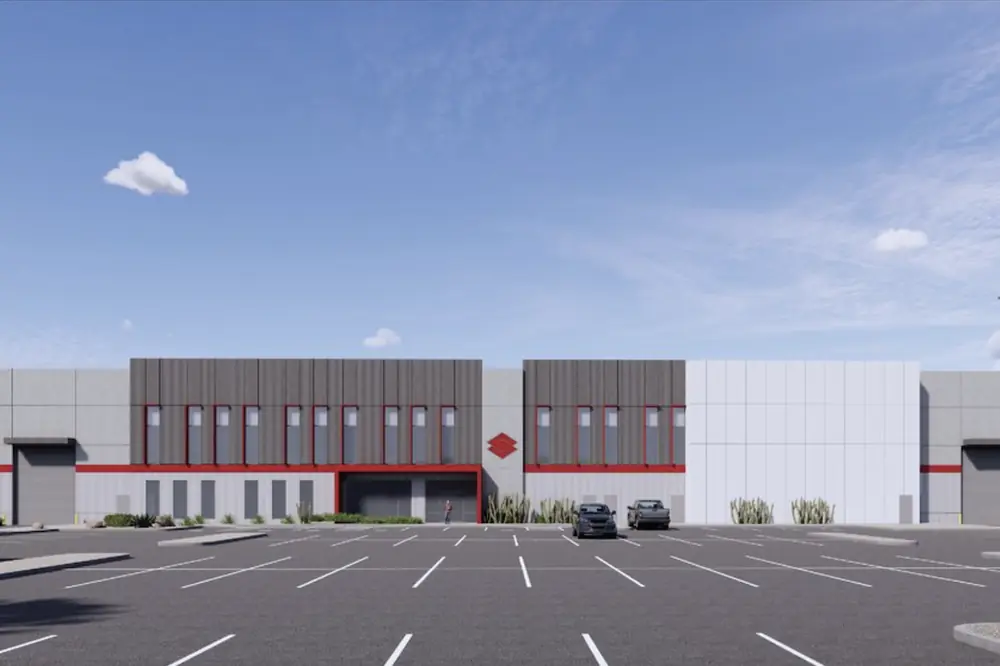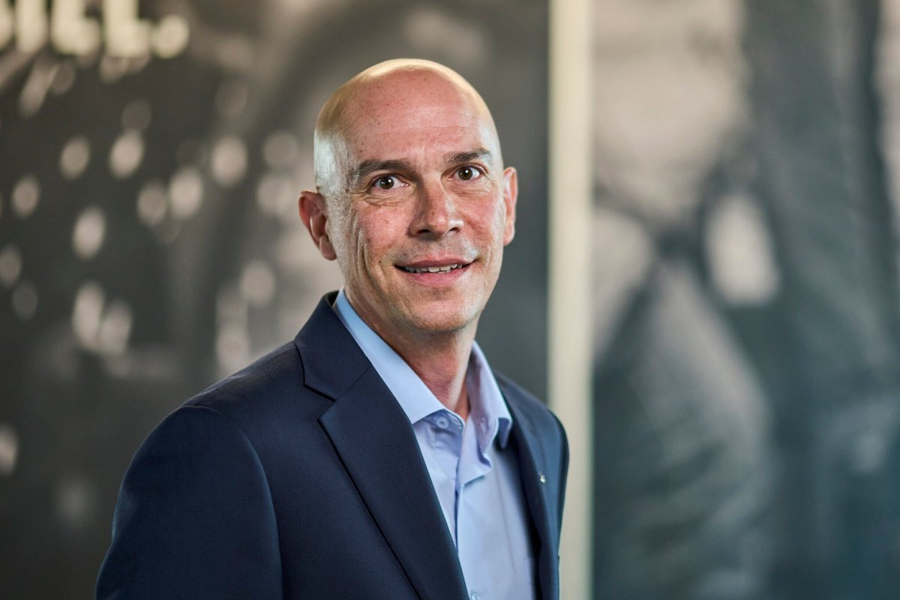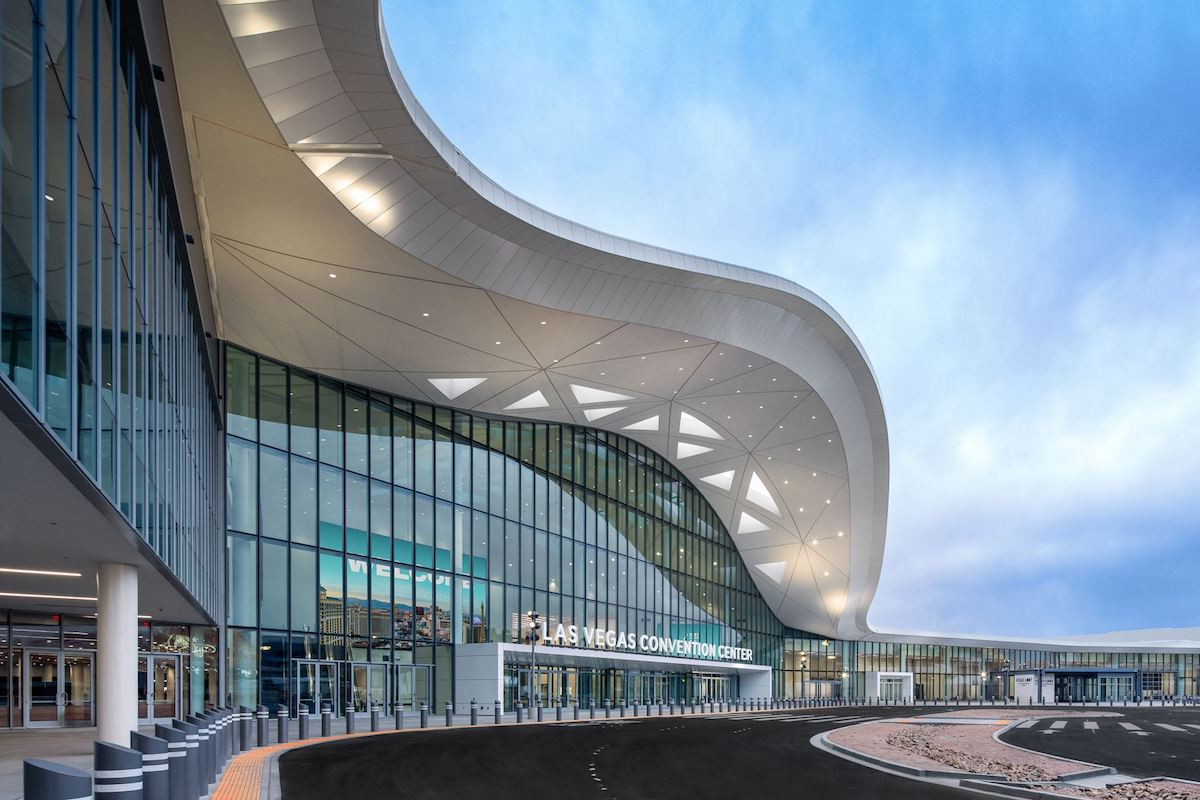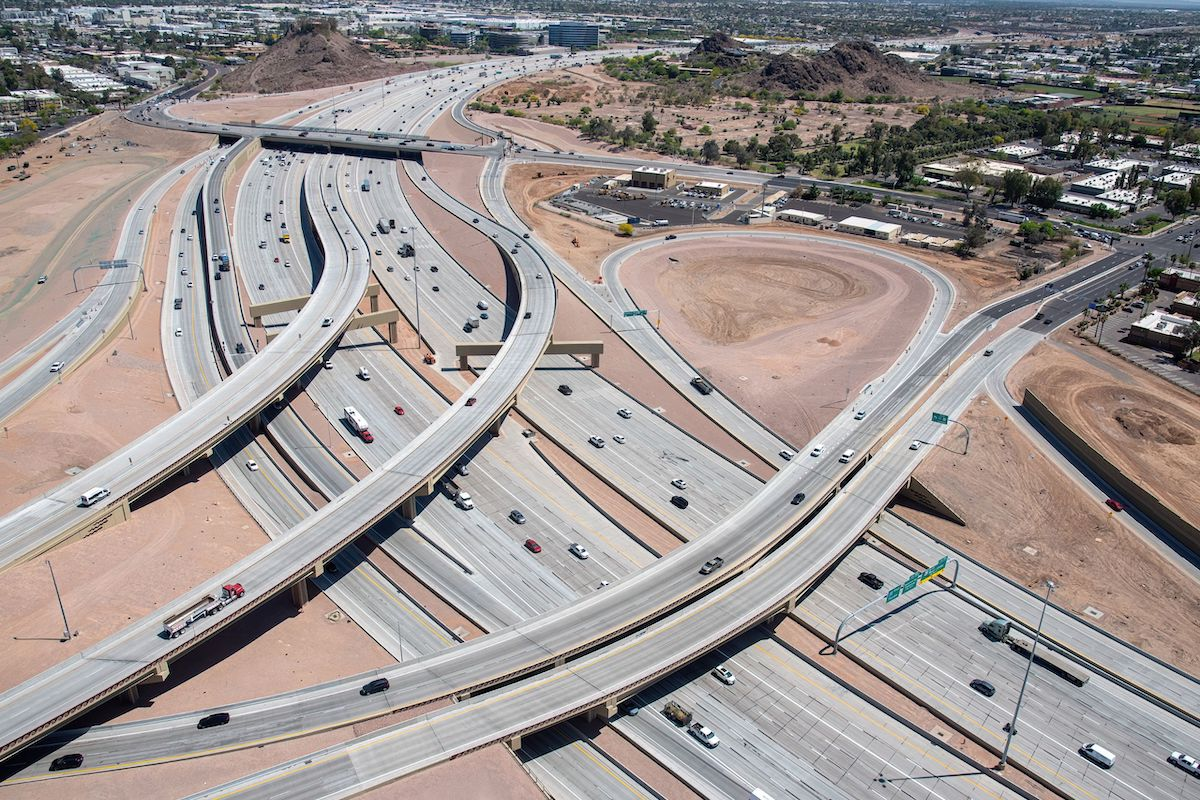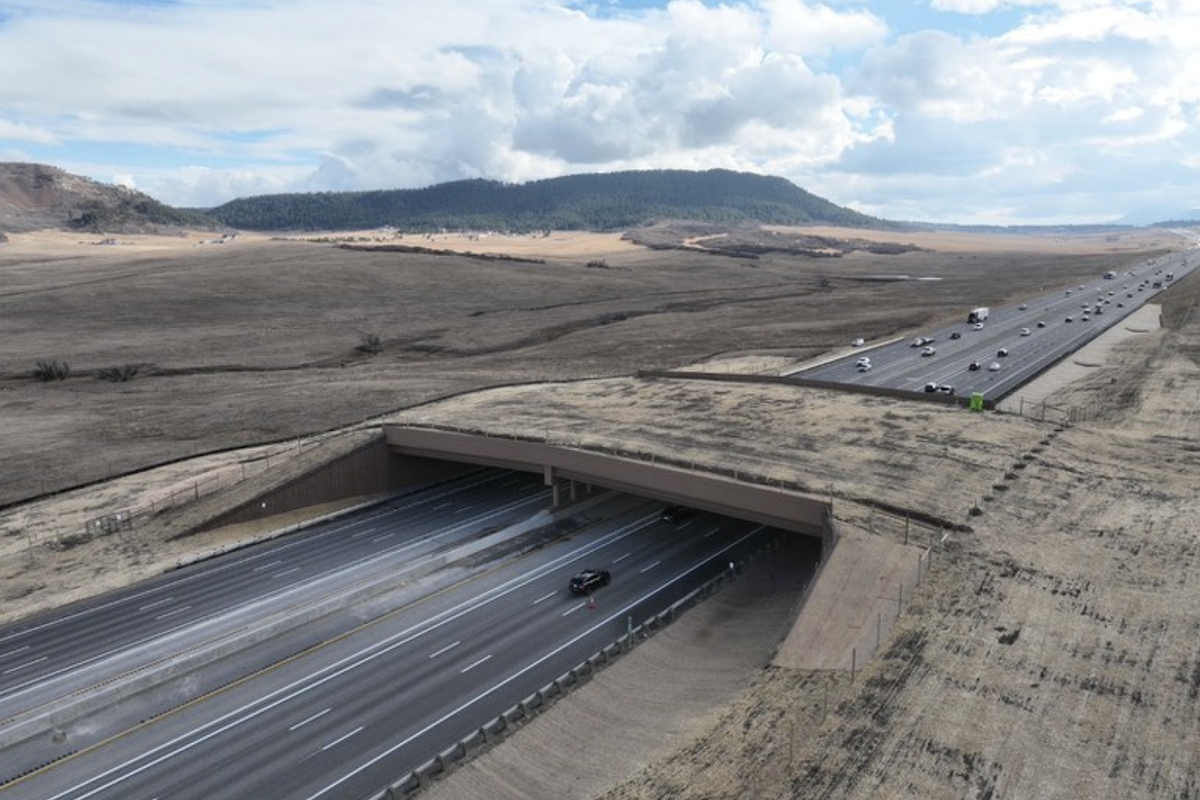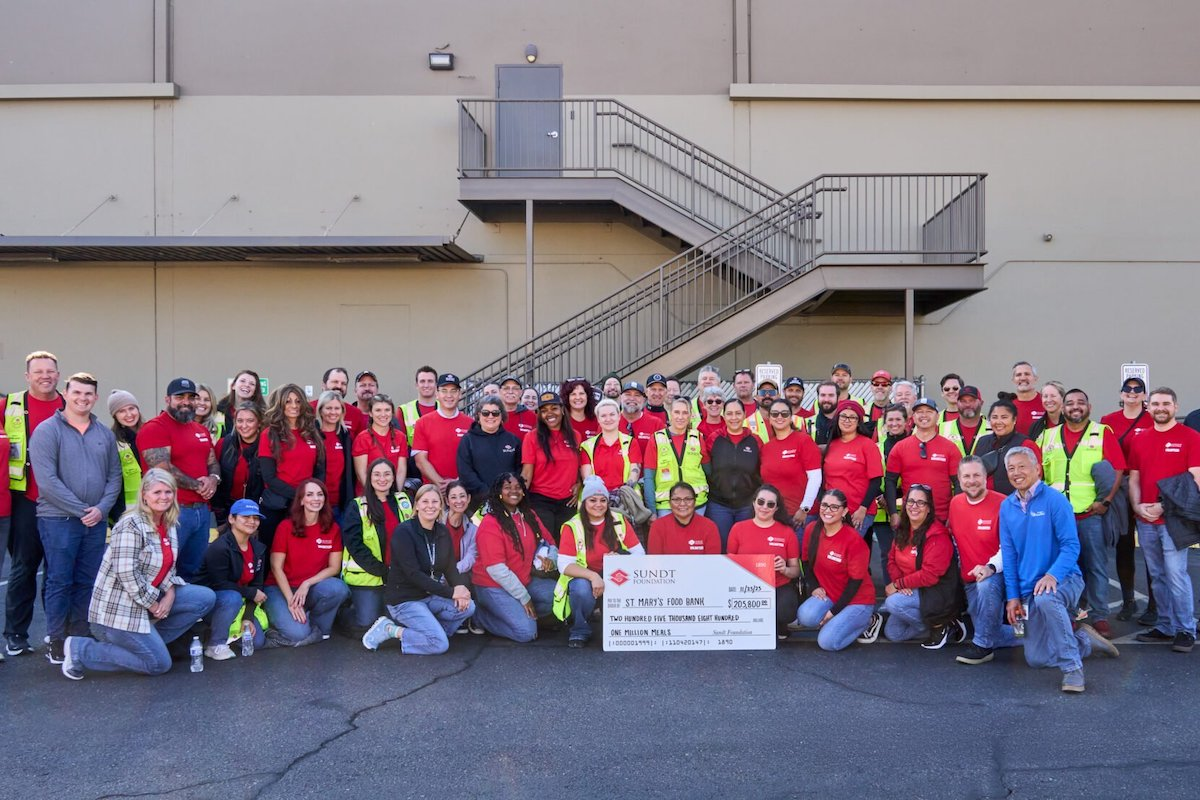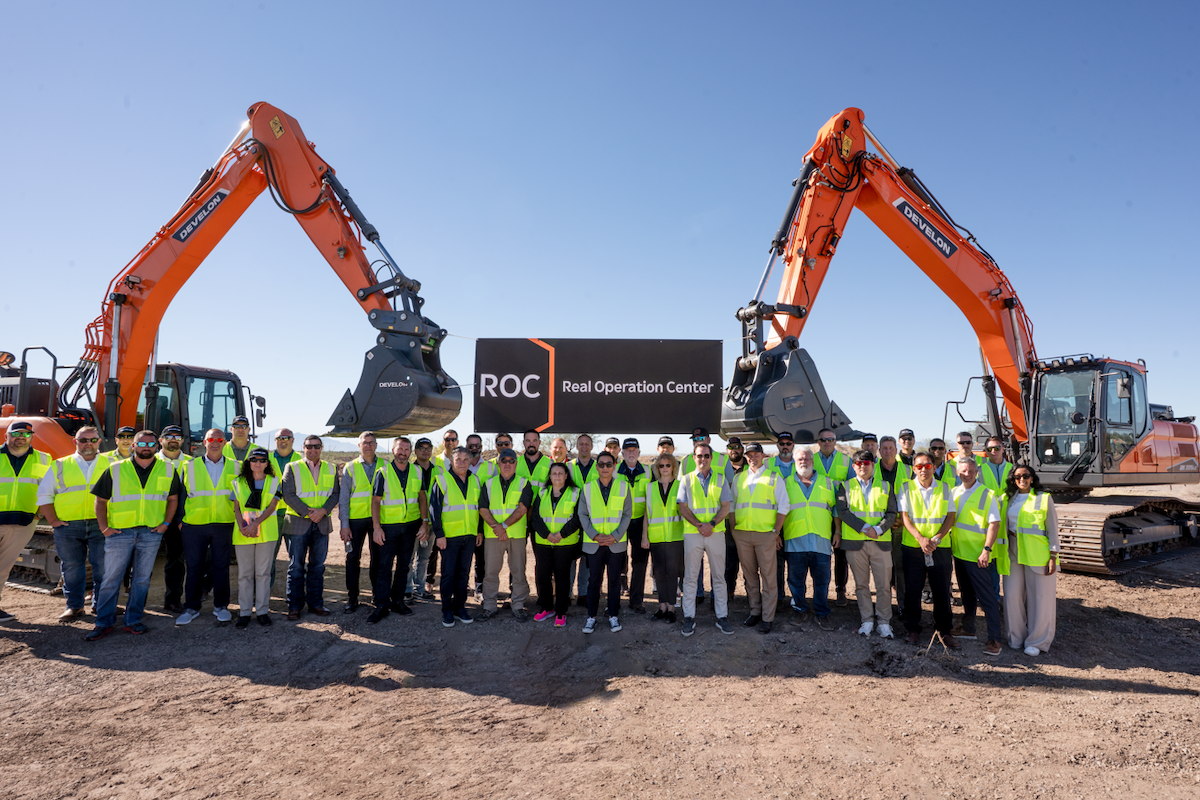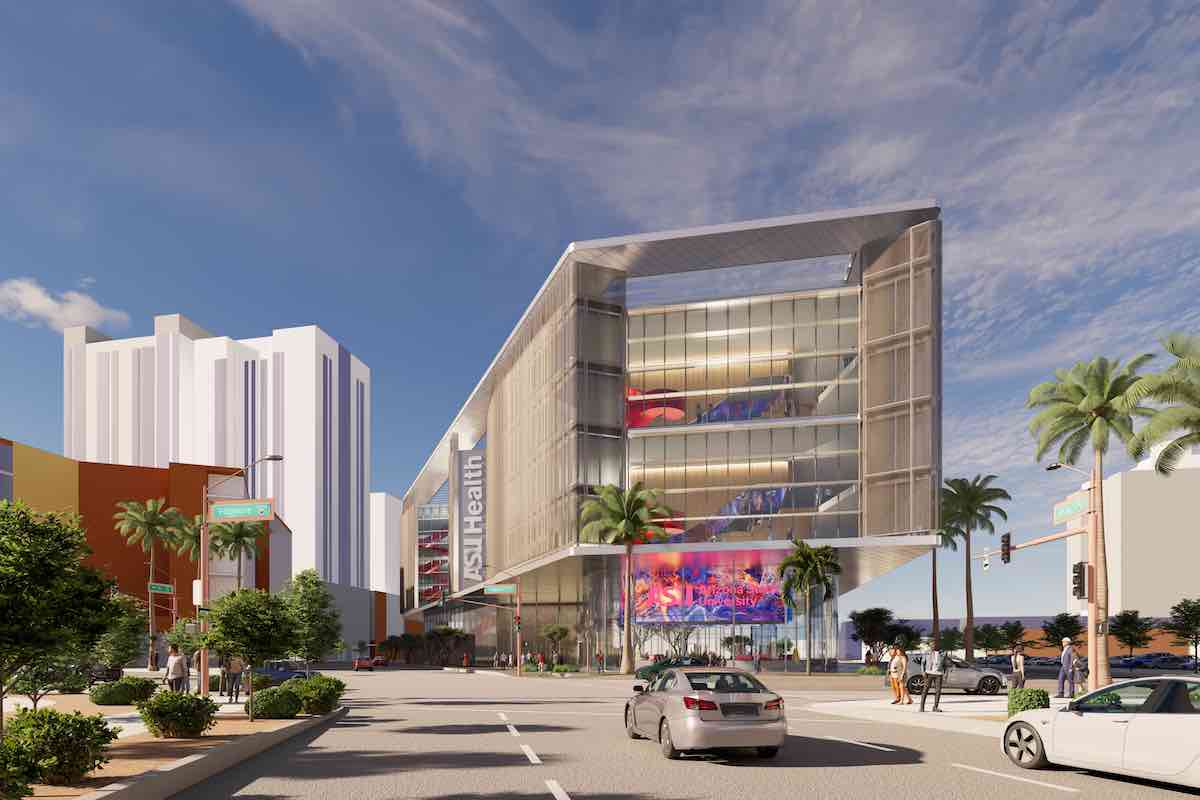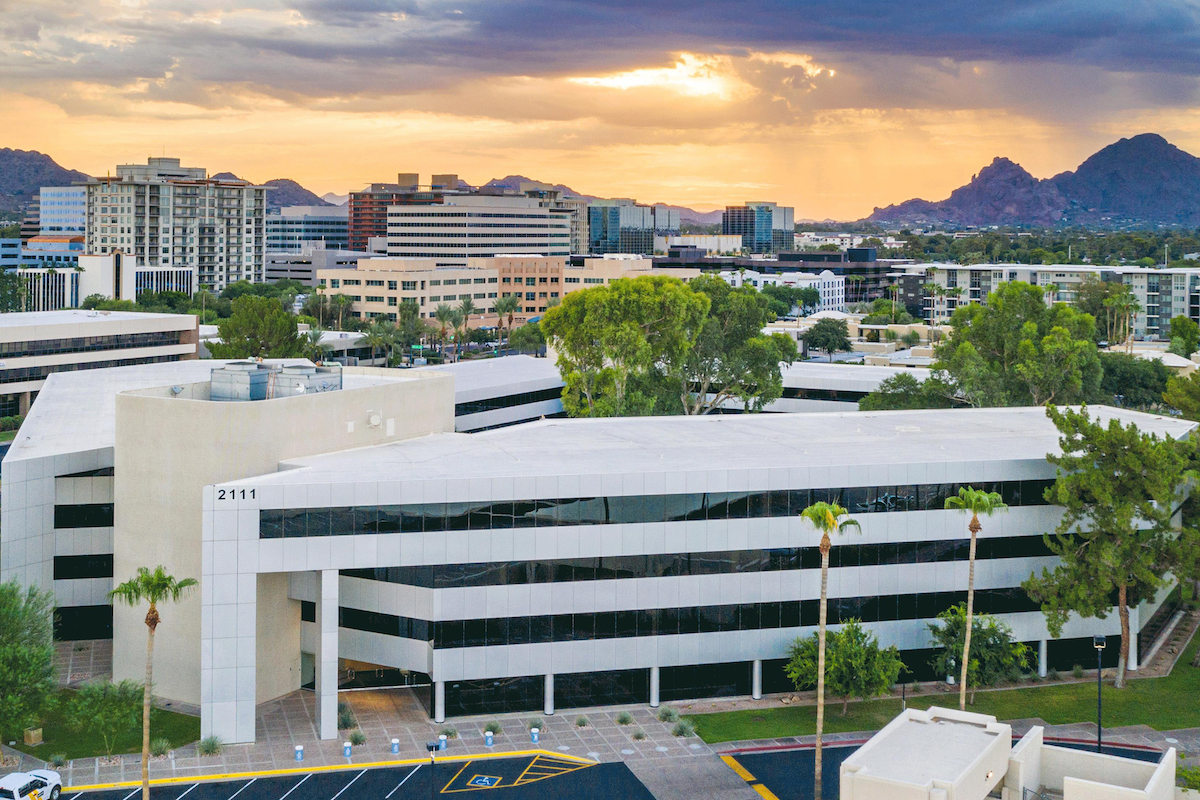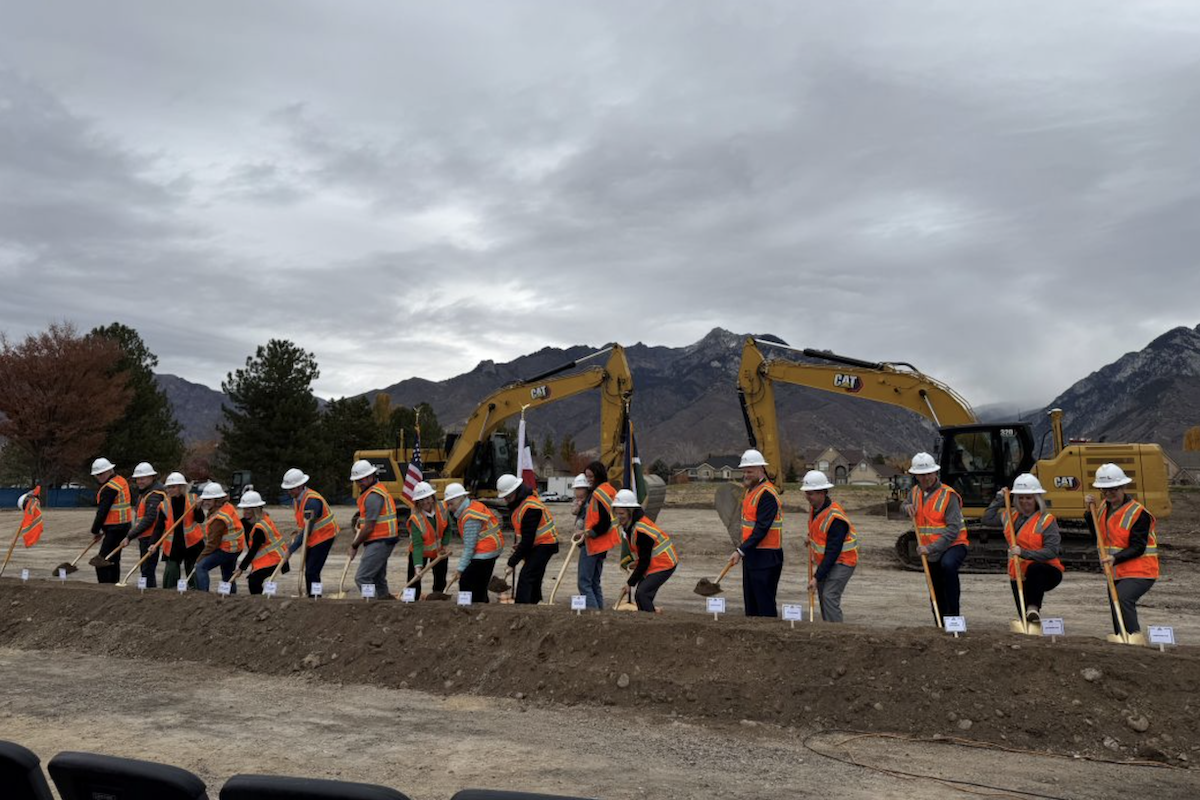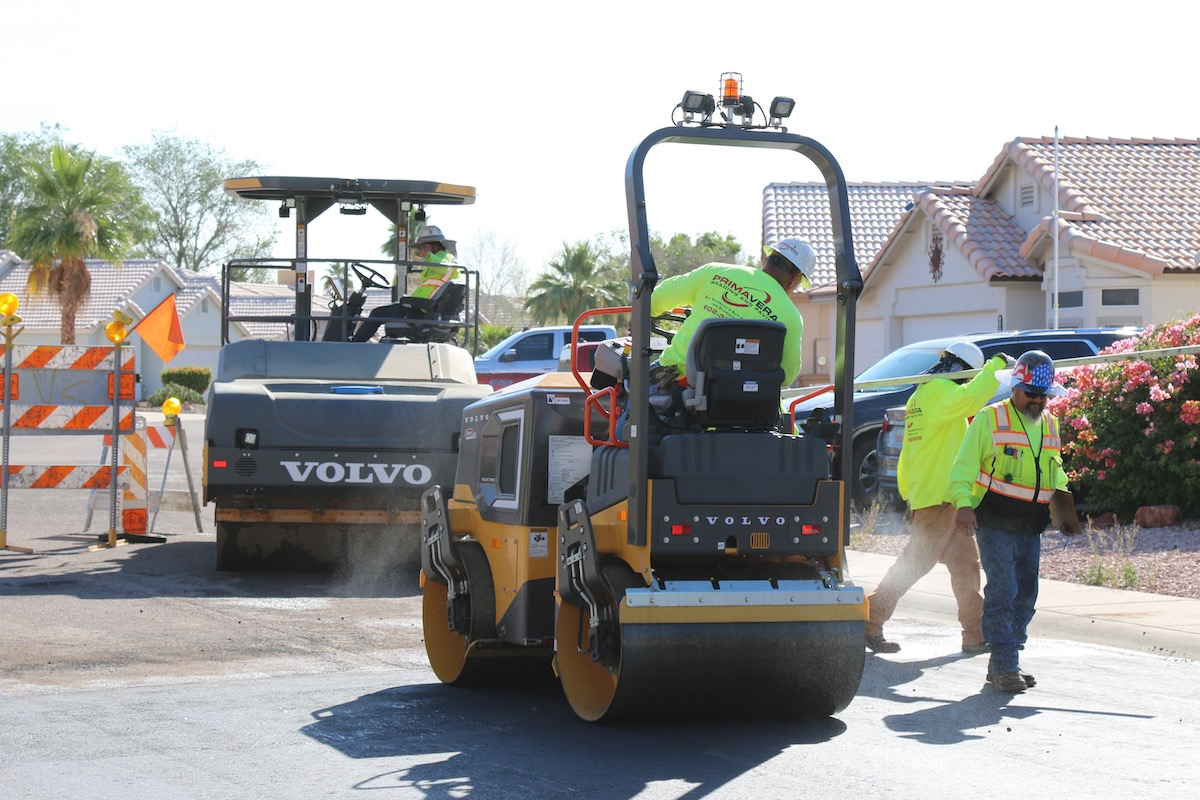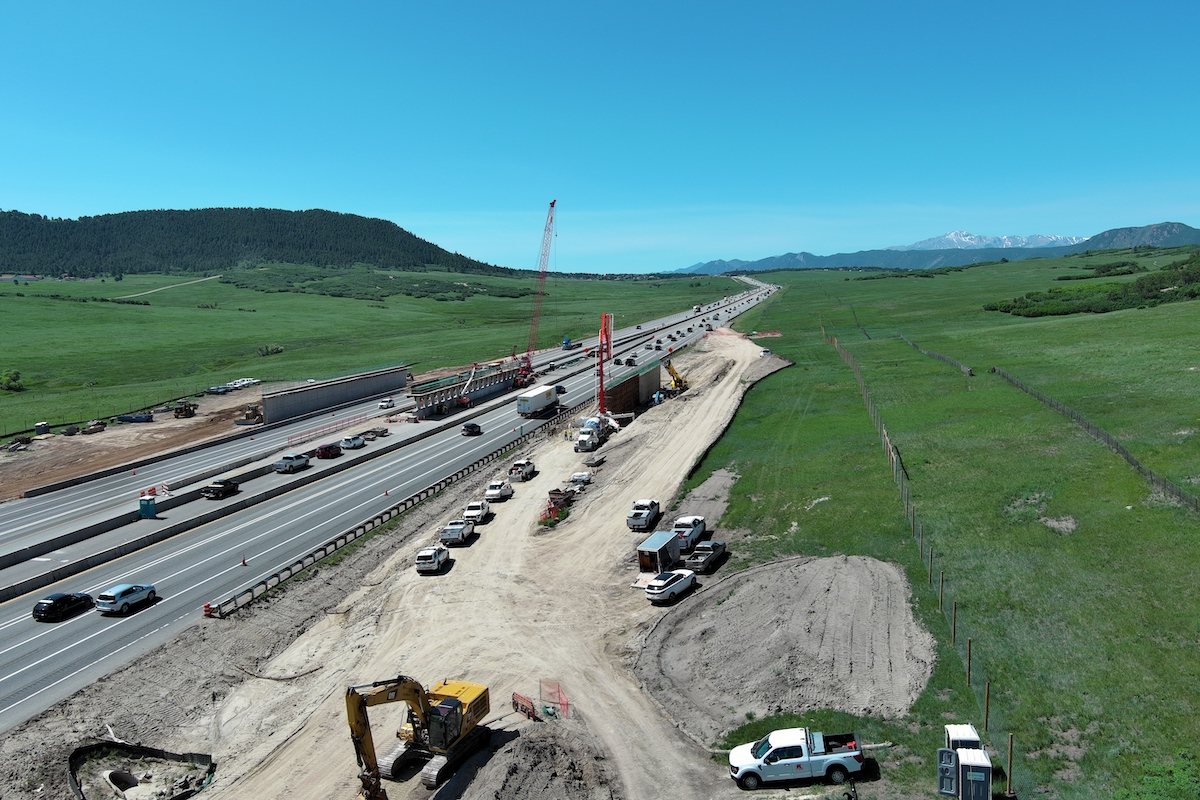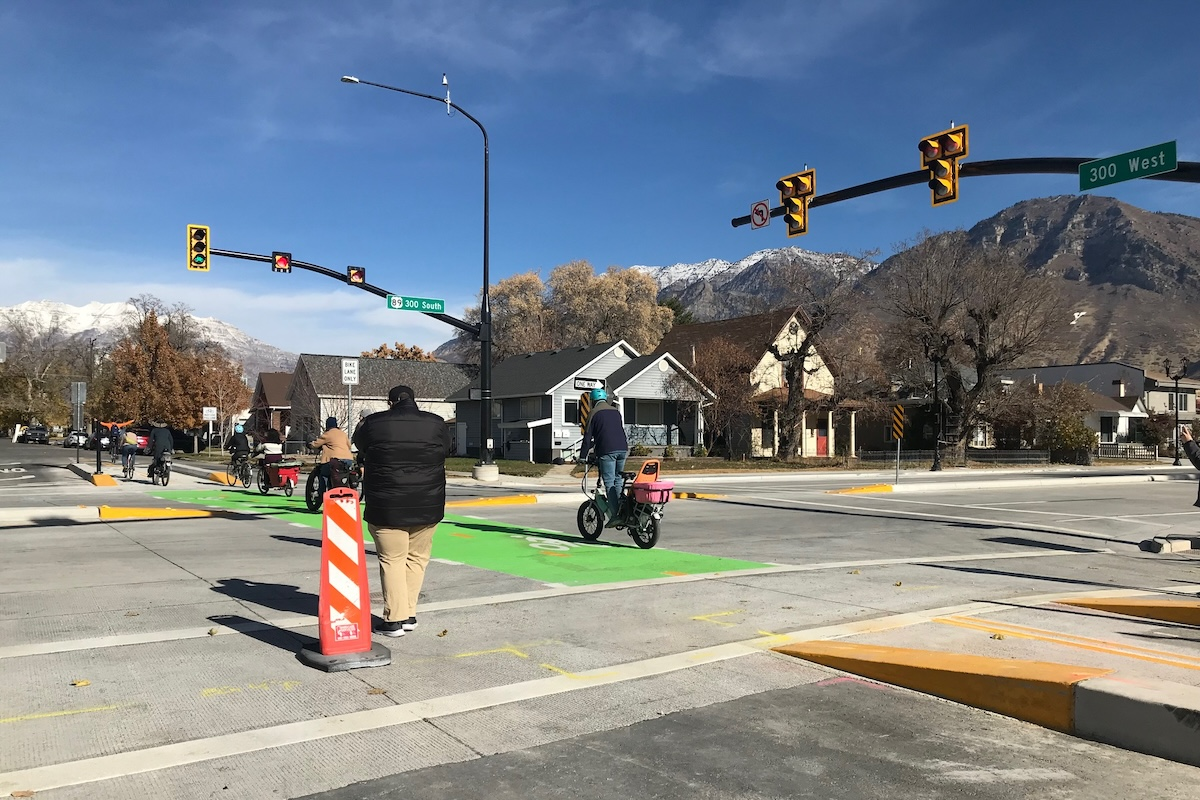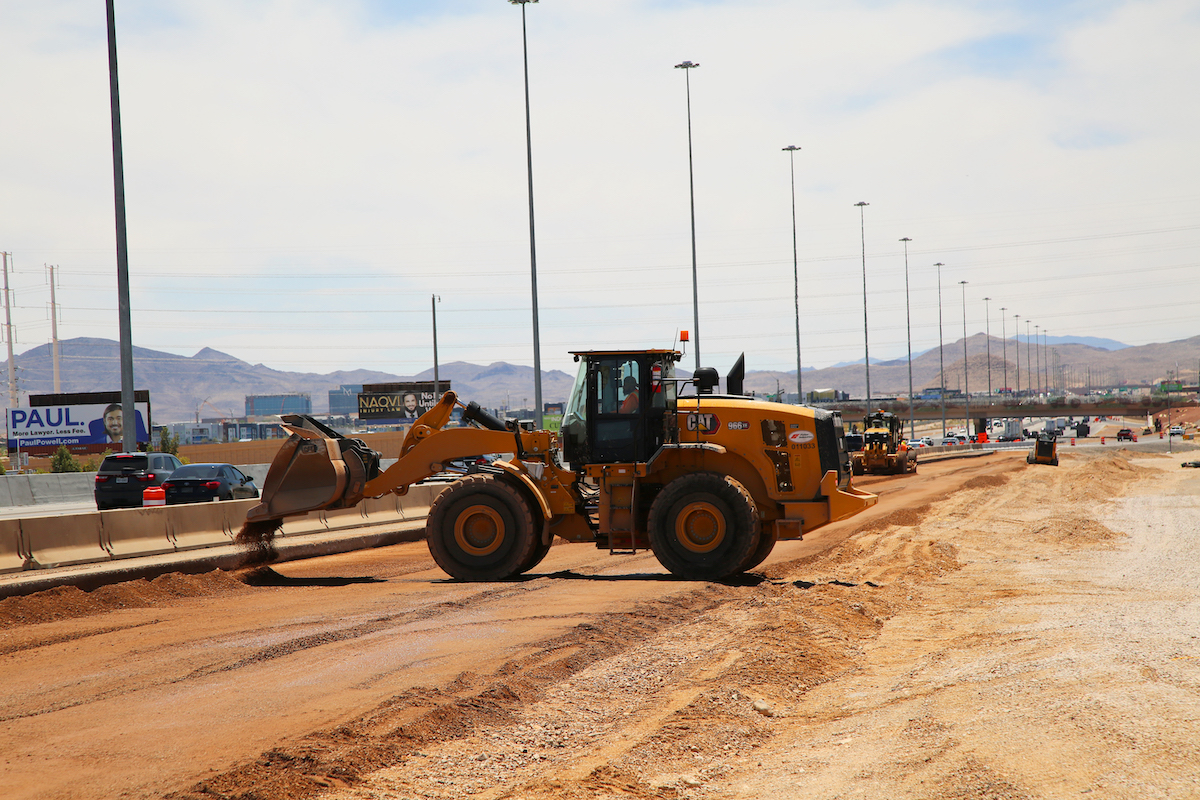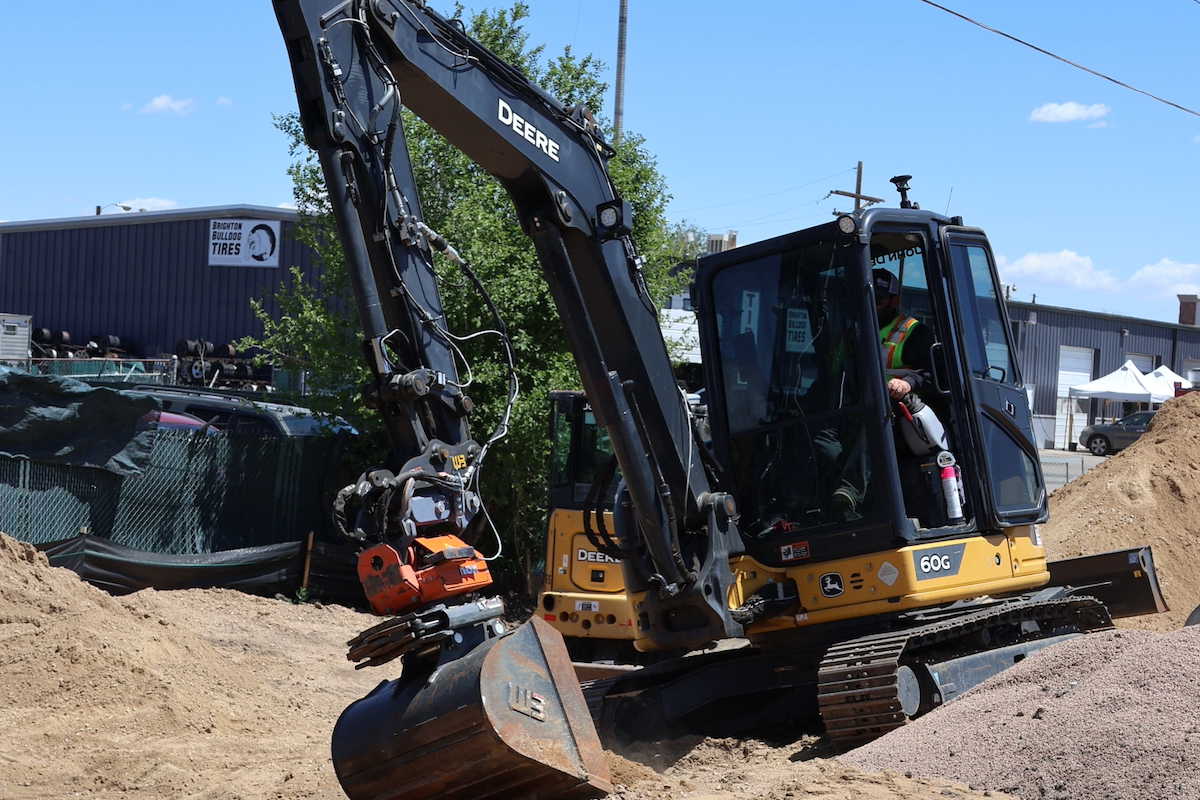The Puget Sound Gateway Program combines two projects – the SR 509 Completion Project and the SR 167 Completion Project – which are near Seattle-Tacoma International Airport and the Port of Tacoma respectively and will have a major impact on the state's highway and freight network. The Washington State Department of Transportation (WSDOT) is currently in the middle of the second of three stages of the SR 167 project.
To increase SR 167's functionality, it needs to be finished. As it currently stands, SR 167 terminates before it reaches the port. “Our goal is to improve freight mobility in the area,” says Thomas Slimak, a Project Engineer for the local WSDOT office. “As it currently stands, trucks have to use local streets to and from the port.” The project will improve truck mobility, relieve congestion and stress on the local network, and improve safety.
WSDOT started planning to complete the critical freight corridor in the early 1990s. However, money constraints prevented the project from moving forward. In 2015, when funding became available, WSDOT began moving forward. Slimak notes that SR 167 and SR 509 were combined since they are similar projects in terms of scope. The department believed combining the two into one program would maximize efficiencies.
“The sequence was intentional as we needed to get the bridge and interchange completed to improve access for stage 1B,” says Slimak.

| Your local Bobcat dealer |
|---|
| Ditch Witch West |
| Faris Machinery |
The second stage of construction – which began in the summer of 2022 and is scheduled for completion in the summer of 2026 – is titled the SR 167/I-5 to SR 509 New Expressway Project. The major construction elements during this stage are:
- A new 2-mile highway that will link I-5 to SR 509 near the Port of Tacoma
- A new diverging diamond interchange over I-5 connecting the interstate to the future SR 167 Expressway
- Approximately 150 acres of wetland and stream restoration and improvements
- New interchanges at I-5, 54th Avenue East and the connections to SR 509
- New sidewalks and a widening of SR 99 from the new roundabout through the existing 70th Avenue East intersection
- A new 2.5-mile shared-use path from SR 99 to Alexander Avenue East
The shared used paths and sidewalks that are part of the active transportation improvements being constructed tie into work WSDOT did on SR 99 in Stage 1A and the existing trail in the area. “This project gives everyone opportunities to move,” Slimak says. He adds that when stage 1B is complete, freight will have access to the new expressway and the Port of Tacoma.
The final stage of the program – Stage 2 – is projected to begin in the summer of 2025 and run through the summer of 2028. It includes building a four-lane highway between Puyallup and I-5 and several new interchanges.
Upon completion of the third stage, there will be six new miles of tolled highway between Puyallup and the Port of Tacoma, new sidewalks, and shared-use paths for non-motorized travelers.
“The project will place flooding where it will be beneficial – in wetlands – and reduce the chance it impacts highways and streets,” Slimak says.
WSDOT is going above and beyond in its environmental efforts and mitigation methods. The department is implementing the Riparian Restoration Program to enhance 150 acres of wetlands. The team will remove invasive vegetation and install 400,000 plants. It’s expected that this will encourage the return of animal life with natural barriers near improved streams. The project re-channels Hylebos Creek away from I-5, which will improve water quality and restore healthy fish populations. A reduction in flooding is expected because the restoration program is lowering the floodplain.
“Through time, land uses evolve and we are aiming to restore to what it would have been had people not interfered,” Slimak says.
The section of the highway being built as part of Stage 1B is elevated. This is for multiple reasons – to get over local connections, for drainage, and to get out of the floodplain. The team is importing 1 million cubic yards of soil to build an embankment. They are constructing 20 bridges to get over local streets or water.
The project was selected by the Federal Highway Administration (FHWA) to do orange contrast lane striping, the first one in the state. The belief is that interspersing orange (along with the traditional white) striping is a low-cost solution to enhance work zone safety. WSDOT will report data to the FHWA about driver behavior, speeds, and collisions before and after installation of the orange lane striping. The aim is to determine if the striping should become standard practice.
The contract for Stage 1B is $376 million, while the tab for the entire Puget Sound Gateway Program is $2.66 billion. The federal government is contributing $74 million, tolling will account for $180 million, and local governments and agencies are providing $130 million. The remainder of the funds are coming from the Connecting Washington and Move Ahead Washington funds. Connecting Washington, which was passed in 2015, is a $16 billion fund to improve the statewide transportation system and maintain critical infrastructure. The funds are primarily raised via an 11.9-cent gas tax increase that was fully phased in on July 1, 2016.
Slimak notes that stage 1B is on budget and schedule. He attributes that to no significant deviations from the design and vigorous oversight and review.
When stage 1B of the SR 167 Completion Project is finished, it will be a major step forward for the Puget Sound Gateway Program. It will improve freight connections, enhance regional mobility, increase multimodal connections, enable environmental enhancements, support regional job and economic growth, and install intelligent transportation. It will also ease the stress and congestion on the local street network. The long overdue connection will enhance the Port of Tacoma.


















